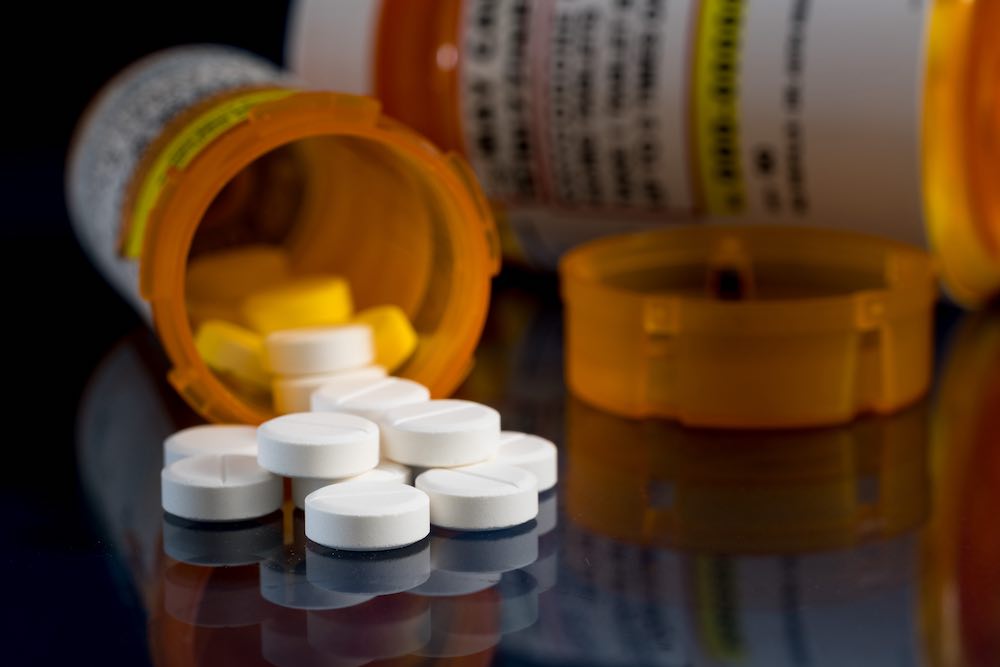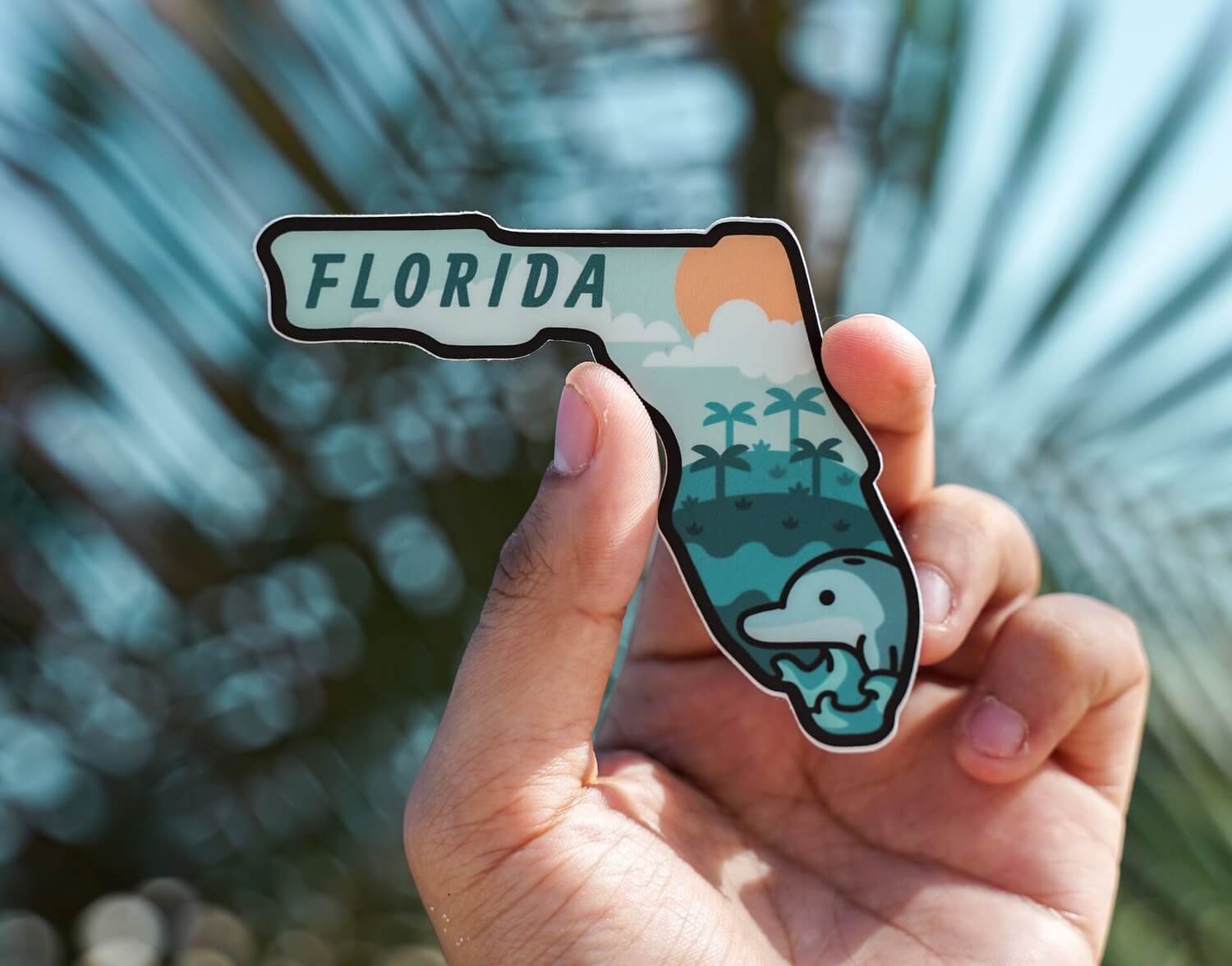How Does Prescription Addiction Happen?
Prescription drug abuse can happen in several ways. One of the most common occurs when someone has been prescribed an opioid analgesic for chronic pain, an injury, or following surgery. Doctors are a lot savvier about the risk of prescription drug abuse now than in the past, but it’s still an issue. Through no fault of the patient, they can become dependent on an opioid medication after as little as a week of taking it. It depends on the person, but no one is immune to physical dependence on opioids.
Whether it’s five days or ten, taking opioids regularly will create dependence. Abruptly stopping medication will often create physical (and likely psychological) withdrawal symptoms. With opioids, these symptoms usually manifest as yawning and watery eyes at first. In time, flu-like symptoms, including nausea, diarrhea, stomach cramps, and chills, occur. People with opioid withdrawal also often experience anxiety and fatigue. These physical symptoms can last five to eight days, but less intense side effects like anxiety, depression, or insomnia may linger for weeks afterward. This depends largely on the individual, the drug of abuse, the length of abuse, and the quantity.
While no one is immune from addiction, some people are at higher risk of prescription drug abuse than others. Here are some risk factors to consider.





